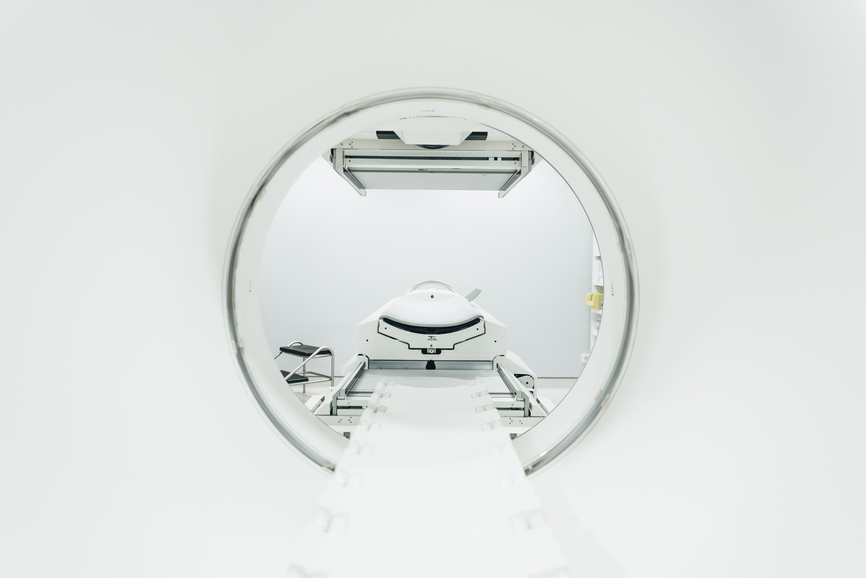It seems that over the age of 50, the onslaught of medical testing begins in earnest. Historically screening for colorectal, cervical, prostate and breast cancer has been recommended for anyone over 65 but new studies are questioning the need and benefit of so much testing.
The Canadian Medical Association has partnered with various medical specialty societies to create Choosing Wisely Canada, a campaign geared to help doctors and patients talk about unnecessary tests and make the best choices for care.
The website offers testing and treatment recommendations for doctors and patients. For example; colon cancer screening is advised beginning at 50 for most people. If there are no finding or risk factors, the next test should be in ten years. Routine checks are not usually required after the age of 75. Choosing Wisely offers not only recommendations about what testing to perform and when but also risk factors, lifestyle changes for prevention, how to get the most accurate test results, alternative tests and warning signs.
Bone density is a concern for many aging adults and it is recommended that women receive a DEXA scan at the age of 65 and men from the age of 70. Most people do not have serious bone loss unless they have risk factors such as breaking a bone in minor accidents, rheumatoid arthritis, smoking, heavy alcohol consumption, low body weight, use of corticosteroid drugs for 3 months or having a parent who broke a hip. X-rays give off a small about of radiation which adds up over a lifetime and so it is best to avoid unnecessary exposure.
For more information about the benefits and drawbacks of common tests and interventions, visit www.choosingwiselycanada.org .






Add Your Voice
0 Comments
Join the Discussion